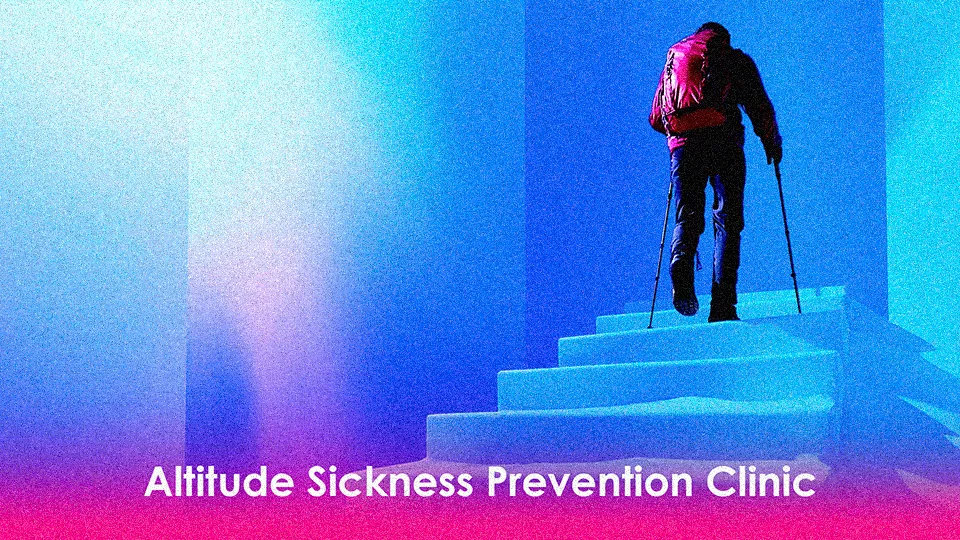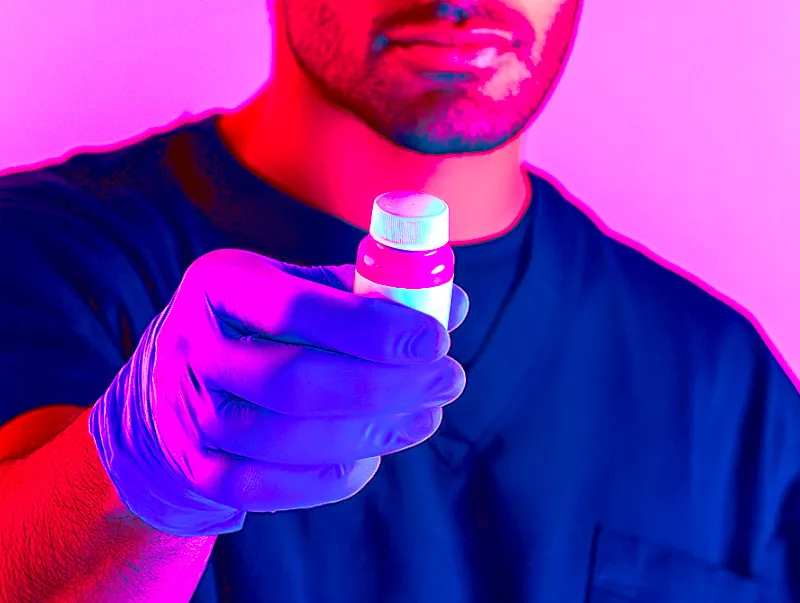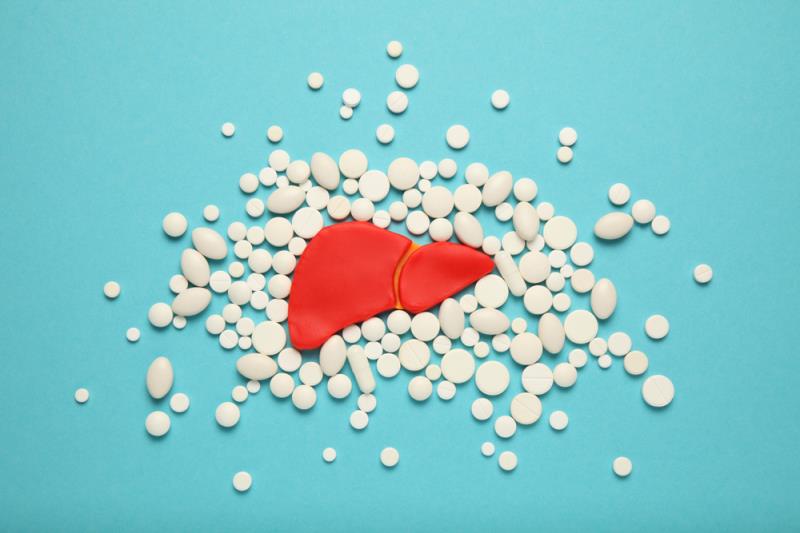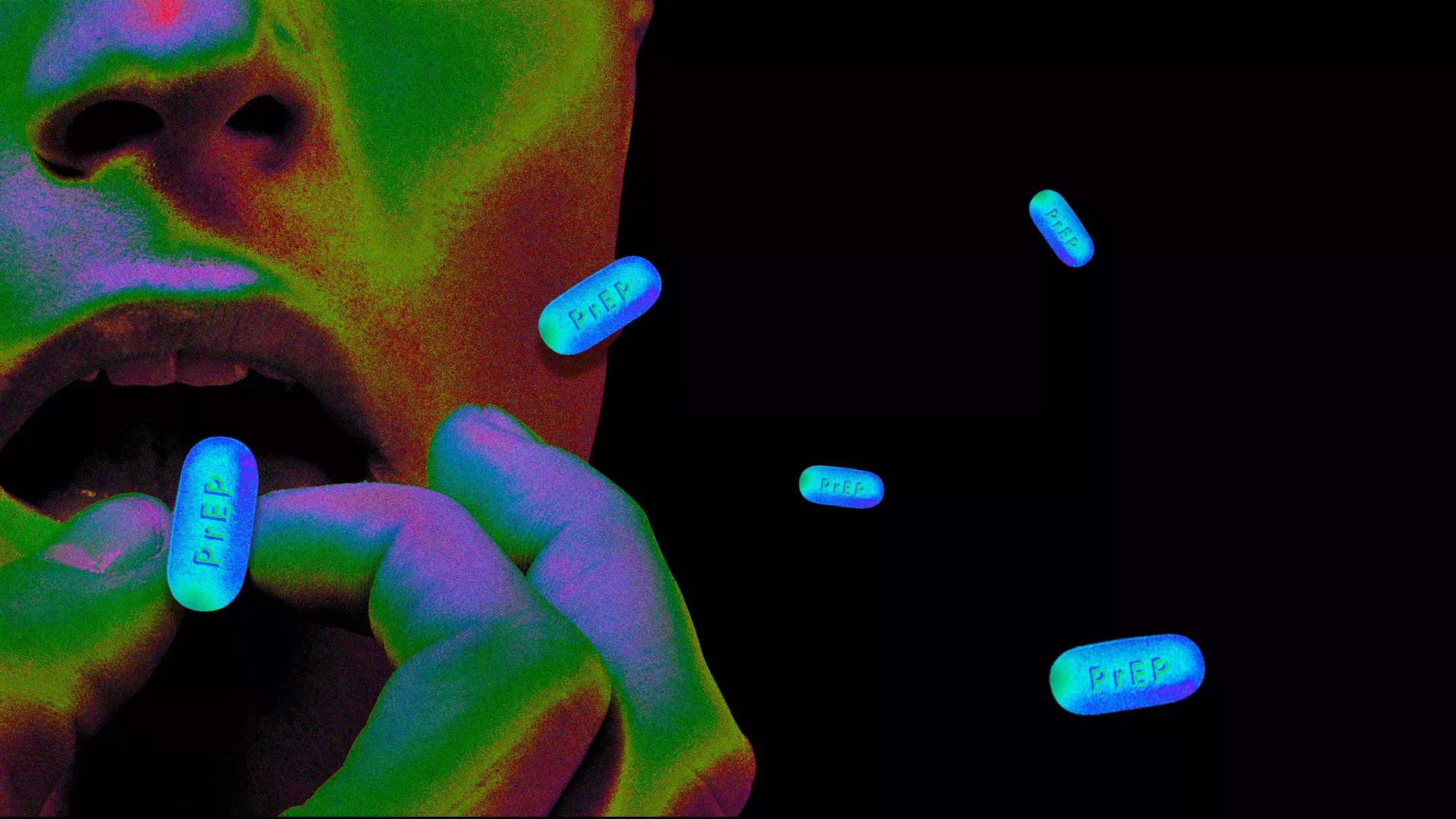Altitude Sickness Prevention Clinic in Bangkok, Pattaya, Phuket, Koh Samui and Chiang Mai (Thailand)
3960
Altitude Sickness Prevention Clinic in Bangkok, Pattaya, Phuket, and Chiang Mai, offering services to help travelers avoid altitude sickness.

Altitude Sickness Prevention Clinic in Bangkok, Pattaya, Phuket, Koh Samui and Chiang Mai (Thailand)
What is Altitude Sickness?
Altitude sickness refers to medical issues that can arise when you ascend to a higher altitude too rapidly. As you go higher, the atmosphere becomes thinner, which means that each breath provides less oxygen compared to lower elevations. This condition occurs when your body struggles to adapt to the decreased oxygen levels with each breath.
Types of Altitude Sickness
Altitude sickness encompasses three distinct conditions:
1. Acute Mountain Sickness (AMS): This is the mildest and most common type of altitude sickness.
2. High Altitude Pulmonary Edema (HAPE): This occurs when altitude sickness affects the lungs, leading to fluid buildup. It is a medical emergency that requires immediate attention and can be life-threatening.
3. High Altitude Cerebral Edema (HACE): This is the most severe form of altitude sickness, causing swelling in the brain. It is a critical condition that necessitates emergency care.
How Common is Altitude Sickness?
Altitude sickness is quite prevalent among people who aren’t acclimatized, meaning they’re not accustomed to the reduced oxygen levels found at higher elevations. Acute Mountain Sickness (AMS) is generally uncommon below 8,000 feet (about 2,438 meters) above sea level. However, nearly everyone who ascends rapidly to around 11,000 feet (approximately 3,352 meters) will experience some symptoms of AMS.
Think of it like jumping into a pool of cold water—you might feel fine at first, but if you dive in too quickly, the shock can take your breath away. Similarly, as you climb to higher altitudes, your body needs time to adjust to the changing environment. Without that adjustment, the likelihood of developing altitude sickness increases significantly.
Signs & Symptoms of Altitude Sickness
Altitude sickness can manifest a range of symptoms that vary in severity. Symptoms of Acute Mountain Sickness (AMS) typically arise within the first day or so after reaching high altitude. In contrast, more severe forms such as High Altitude Pulmonary Edema (HAPE) and High Altitude Cerebral Edema (HACE) usually develop over a longer period, typically within two to five days.
The symptoms of AMS include:
- Headache (the most common symptom)
- Nausea and vomiting
- Loss of appetite
- Fatigue, even during rest
- Malaise (a general feeling of being unwell)
- Difficulty sleeping
- Dizziness or lightheadedness
- Vision changes (though rare, these often signal more severe altitude sickness and can result from ruptured blood vessels in the retinas)
Contact Your Emergency Help Unit Now!
We can help you with your emergency medication needs!
🆘 Please email us at info.bkk@pulse-clinic.com or chat on your preferred platform.
Chat with PULSE CLINIC ONLINE Department
What Causes Altitude Sickness?
With enough time, your body can typically adjust to the changes in altitude that impact oxygen availability with each breath. When you don’t allow sufficient time for this adaptation, altitude sickness can occur.
Contact Your Emergency Help Unit Now!
We can help you with your emergency medication needs!
🆘 Please email us at info.bkk@pulse-clinic.com or chat on your preferred platform.
![]() +66-84-226-2569
+66-84-226-2569  @PulseRx
@PulseRx ![]() PulseClinic
PulseClinic
What Are the Risk Factors for Altitude Sickness?
Risk factors for altitude sickness are often related to the altitude itself or the method of ascent:
- Higher Altitudes: The greater the elevation, the higher the risk of altitude sickness.
- Speed of Ascent: Rapidly ascending to high altitudes significantly increases the likelihood of developing altitude sickness. Those who fly to high elevations are more prone to it compared to those who walk, hike, or drive. Above 8,000 feet, it’s recommended to limit your ascent to no more than 1,640 feet (500 meters) per day.
- Alcohol and Drug Use: Consuming alcohol or using certain medications, particularly sedatives (whether prescribed or not), can notably heighten the risk of altitude sickness.
- History of Altitude Sickness: If you've experienced any form of altitude sickness in the past, especially severe types like HAPE or HACE, your risk of recurrence increases.
It's a common misconception that overall physical fitness is a risk factor for altitude sickness; while it isn’t, altitude sickness can exacerbate symptoms of existing health conditions, such as anemia and chronic obstructive pulmonary disease (COPD).
Altitude Sickness Treatments
How is Altitude Sickness Treated, and Is There a Cure? The only definitive way to "cure" altitude sickness is to descend to a lower altitude.
For less severe cases, several treatments can help, especially when immediate descent isn’t feasible. These approaches include:
- Stop and Acclimate: Taking a break and resting at the first signs of altitude sickness is advisable.
- Descend: If symptoms worsen (such as increased dizziness, fatigue, or nausea), descending becomes a priority. Experts typically recommend dropping at least 984 feet (300 meters) and up to 3,281 feet (1,000 meters) until symptoms improve.
- Supplemental Oxygen: Breathing in higher concentrations of oxygen can help alleviate some symptoms of altitude sickness.
- Medications: Certain medications, such as acetazolamide, dexamethasone, or nifedipine, can treat altitude sickness and help prevent more severe symptoms or complications. Dexamethasone and nifedipine are usually reserved for moderate or severe cases.
- Hyperbaric Therapy: Similar to treatment for decompression sickness in divers, hyperbaric therapy can be administered using portable hyperbaric bags (often called "Gamow bags"). This method can delay the worsening of symptoms until evacuation to a lower altitude is possible.
Altitude Sickness Prevention
Altitude sickness is highly preventable, and there are several key strategies to help avoid it:
- Limit Your Ascent Speed: The risk of altitude sickness increases with rapid ascents. Aim for a gradual climb. At 8,202 feet (2,500 meters), it's advisable to limit your daily ascent to no more than 984 feet (300 meters) to 1,640 feet (500 meters). Use your last sleeping altitude as your starting point for the day, and consider your initial rapid ascent if you flew to a high-altitude location.
- Take Rest Days to Acclimate: At 8,202 feet (2,500 meters), experts recommend taking a full day to acclimate before continuing your ascent. If you keep climbing, plan to rest every third day. Above 14,000 feet (4,267 meters), it's advisable to take two days off for every 1,000 feet gained.
- Sleep at a Lower Altitude: If possible, ascend during the day and return to a lower elevation for sleep. This can help mitigate the severity of altitude sickness and facilitate acclimatization.
- Preventive Medications: Medications such as acetazolamide or nifedipine can help prevent and treat altitude sickness. Additionally, phosphodiesterase (PDE) inhibitors like sildenafil and tadalafil may also serve as preventive options.
Outlook for Altitude Sickness
The prognosis for altitude sickness varies based on its severity, your response to symptoms, and how well you react to treatment. Ignoring symptoms and continuing to ascend can lead to worsening conditions. Rapid ascents increase the risk of developing serious complications.
If you experience significant symptoms of Acute Mountain Sickness, particularly nausea or fatigue, it’s crucial to stop ascending. These symptoms serve as warnings that you may face more severe issues if you continue.
In the case of symptoms indicating High Altitude Pulmonary Edema (HAPE) or High Altitude Cerebral Edema (HACE), such as difficulty breathing or loss of coordination, you should descend immediately if possible, as these can indicate life-threatening complications.
Contact Your Emergency Help Unit Now!
We can help you with your emergency medication needs!
🆘 Please email us at info.bkk@pulse-clinic.com or chat on your preferred platform.
![]() +66-84-226-2569
+66-84-226-2569  @PulseRx
@PulseRx ![]() PulseClinic
PulseClinic
Chat with PULSE CLINIC ONLINE Department
Loading...
Clinic Locations
Loading...





















